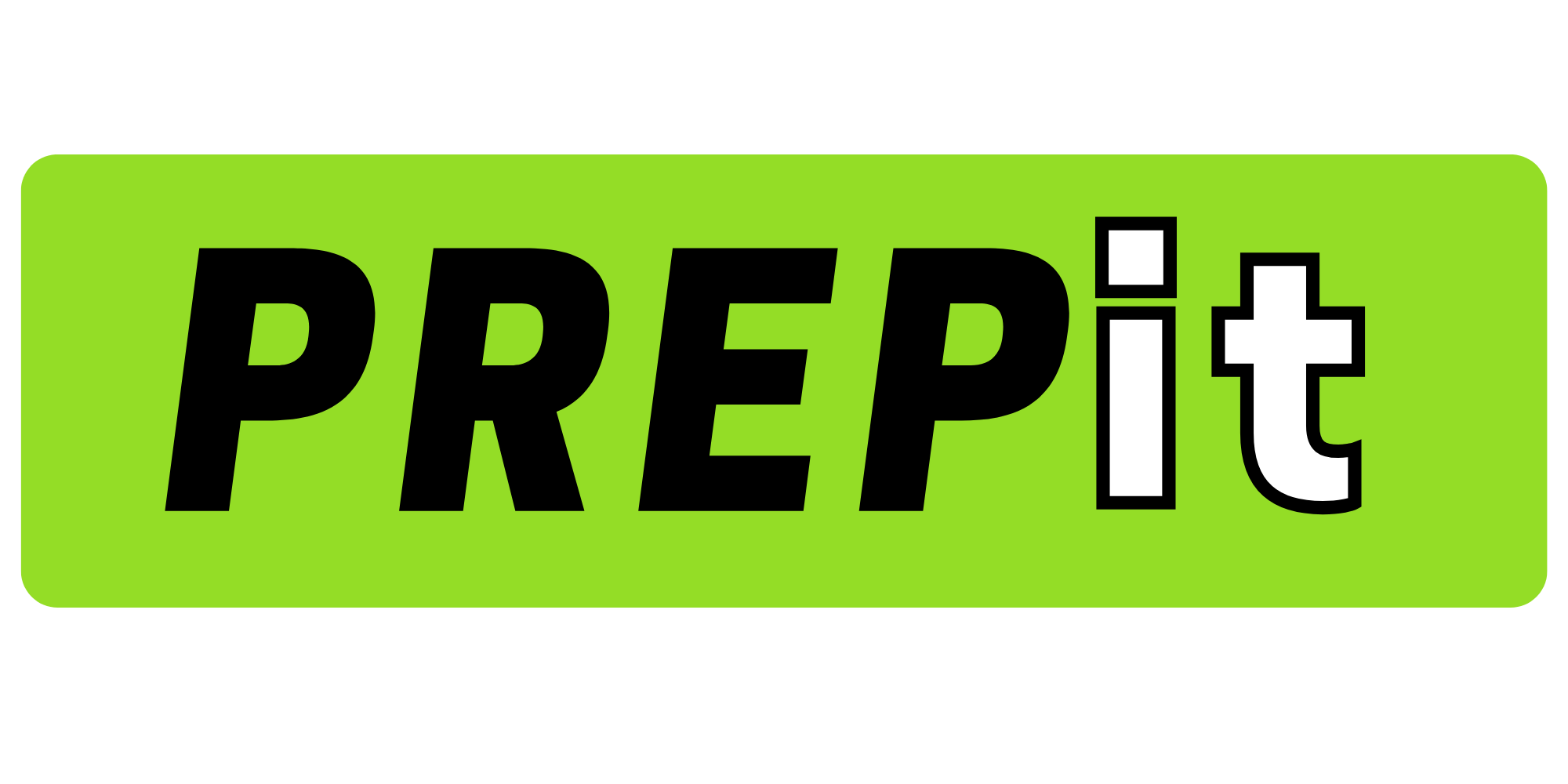If you’re looking for an article that’s going to trash talk one test and heap praise upon the other, then I’m afraid this isn’t the article for you!
If, however, you’re a sensible healthcare professional looking to register in an English-speaking country, you may be in some doubt about which test is better for you? The Occupational English Test (OET), or the Pearson Test of English (PTE)? It’s a fair question, as you may be allowed to take either. So why choose the OET? Here are six positive reasons to sit the Occupational English Test from Cambridge Box Hill Language Assessment.
Reason number 1: the OET is specifically designed for the healthcare industry
The OET is unique in that all the content is healthcare-focused. As a healthcare professional, the tasks you will need to perform in the OET will be relevant to your career.
With the PTE, the topics may not be familiar. For example, you may be reading about money-saving tips or listening to an extract from a podcast about different species of shark. While those topics might be interesting, they may not be all that familiar to you, and may hurt your chances of performing well on the day of your test.
In contrast, the topics you come across in the OET exam will always be relevant to the healthcare context.
Reason number 2: the OET also has 12 different versions of the test for doctors, nurses and ten other medical specialties. For all test takers, the Reading and Listening will provide you with texts related to a variety of generic healthcare settings, while the Speaking and Writing sections will be specific to your profession. Since the OET is healthcare-related, you should find studying for the OET more engaging and easier than if you choose a general or academic English proficiency exam, like the PTE.
Reason number 3: preparing for the OET gives you the opportunity to learn and practice the language skills you will need to be successful in your future workplace.
While the PTE will give you a reliable measure of your level of English, some of the tasks you may need to complete will not be relevant to you in the long run. For example, while writing an opinion essay is great practice for professional writing, you may not see yourself writing an opinion essay for your future employer. A letter of referral, however, is something that you will most likely have to do! So why not practice that instead? The OET gives you the chance to improve an important life skill!
Reason number 4: in the OET exam, all four sub-tests include material and scenarios which mirror a typical workplace. The kind of information you will have to process and the kind of tasks you will be expected to perform can be found in your workplace. For example:
the Speaking subtest includes a conversation between yourself and a patient, carer, or parent;
the Reading subtest includes healthcare-specific articles, memos and medical information similar to what you will see on the job;
the Writing subtest involves writing a letter of referral, transfer, or discharge to another healthcare professional;
the Listening subtest involves listening to conversations between healthcare professionals and patients in various healthcare settings, as well as lectures, presentations and interviews by/with experts.
In practicing all these tasks, you’ll be preparing yourself for the same kinds of situations that you will actually need to face in a professional context. It therefore builds confidence in your ability to work in an English-speaking environment.
Reason number 5: it’s getting easier to find practice material for the OET.
If you’ve already started looking for OET material online, you may have noticed that there is a lot of practice material available. But, aside from the stuff you see at the OET’s official website, which resources are the most reliable?
Of course, as a working professional you may not want to spend tons of time online searching for reliable practice materials. That’s one of the reasons why we developed PREP-it for OET. With PREP-it, you have access to OET practice tests, skill-building activities, and lots of useful tips, all in one easy-to-access place. You can practice from your smartphone whenever you have time, wherever you want!
Reason number 6: the OET is gaining recognition from healthcare regulators worldwide.
If you’re looking to register and work in an English-speaking country, chances are you can use the OET to prove your English level. For example, the OET Exam is recognized as proof of English language proficiency in the UK, Australia, New Zealand, Ireland, the US and Canada, as well as several other countries! Keep your eye on the full list of professional regulatory bodies that recognise the OET.
